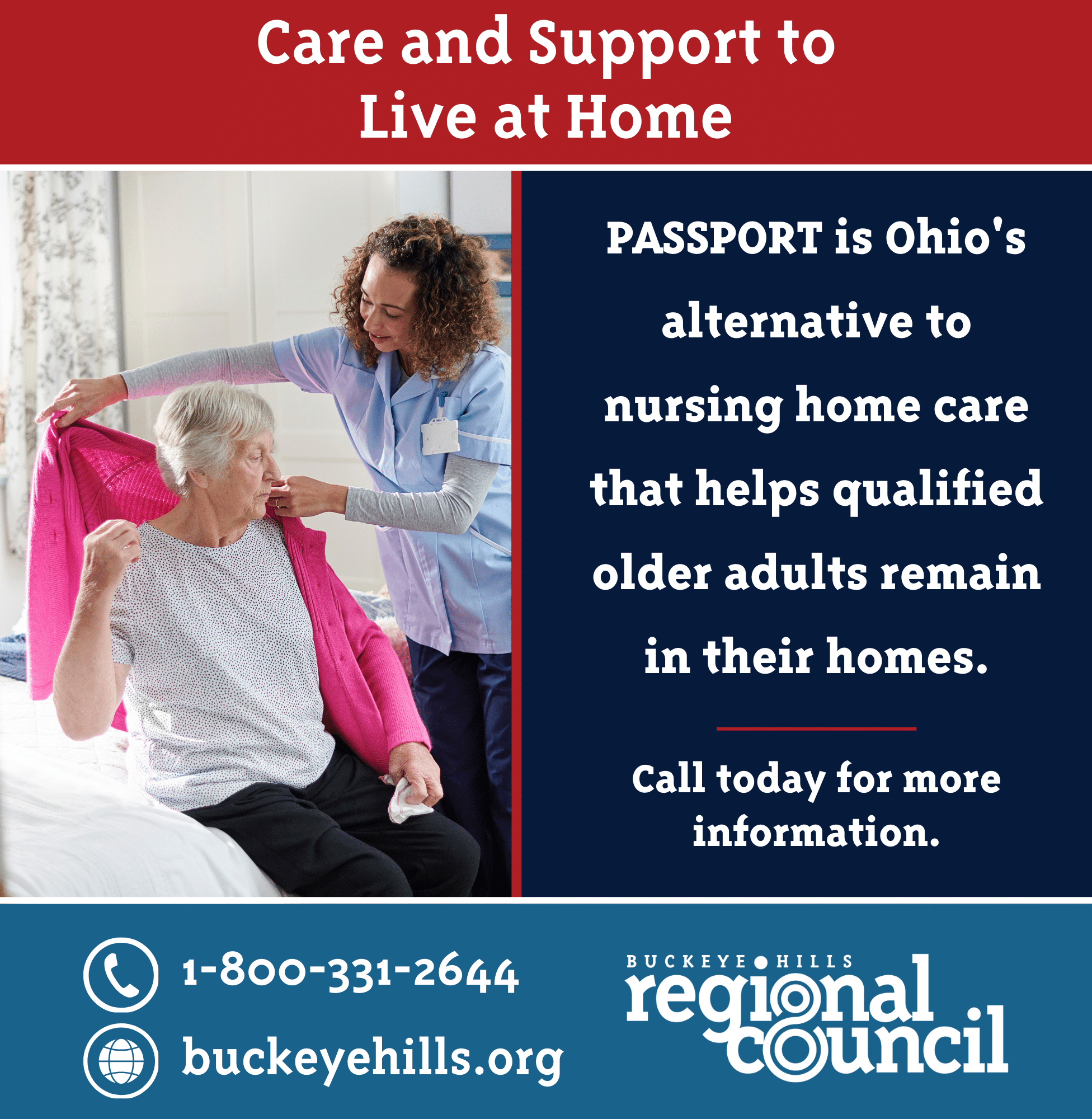
Alcohol and Drug Abuse

As we age, the need to take more and different kinds of medications increases. Growing older means our bodies respond differently to alcohol and medications than when we were younger. Alcohol slows down brain activity. Because alcohol affects alertness, judgment, coordination, and reaction time, drinking increases the risk of falls and accidents. Some research has shown that it takes less alcohol to affect older people than younger ones. Over time, heavy drinking permanently damages the brain and central nervous system, as well as the liver, heart, kidneys, and stomach. Alcohol’s effects can make some medical problems hard to diagnose. For example, alcohol causes changes in the heart and blood vessels that can dull pain that might be a warning sign of a heart attack. It also can cause forgetfulness and confusion, which can seem like dementia or Alzheimer’s disease.
Alcoholism is a disease that includes any of the following four symptoms:
- Craving – A need or urge to drink.
- Loss of control – Not being able to stop drinking once drinking has begun.
- Physical dependence – Withdrawal symptoms, such as nausea, sweating, shakiness, and anxiety after
stopping drinking. - Tolerance – The need to drink greater amounts of alcohol to get “high.”
A Safe Level of Drinking
Awareness is the first step. How do you know if you or someone you love is consuming too much alcohol? According to the CDC, for most adults, moderate alcohol use is up to two drinks per day for men and one drink per day for women and older people. (One drink equals one 12-ounce bottle of beer or wine cooler, one 5-ounce glass of wine, or 1.5 ounces of 80-proof distilled spirits.)
However, people taking certain over-the-counter or prescription medications and people with medical conditions that can be made worse by drinking should never drink.
Resource for You
Alcoholics Anonymous
A.A. is a fellowship of people who come together to solve their drinking problem. It doesn’t cost anything to attend A.A. meetings. There are no age or education requirements to participate. Membership is open to anyone who wants to do something about their drinking problem.
A.A.’s primary purpose is to help alcoholics to achieve sobriety. Visit www.aa.org to find an A.A. meeting near you.
Avoiding Problems with Prescription Medications

When used responsibly, prescription medications can measurably improve lives. But these drugs also carry the risk of dependence and addiction—and seniors are particularly vulnerable. The changing metabolisms of older people can intensify the effects of drugs and alcohol. Aging is often characterized by loss and loneliness—two conditions that increase the risk of substance abuse.
Painkillers and sedative labels warn against alcohol use, but an elderly person may forget about the warning. Even a small amount of alcohol, in combination with certain prescription medications, can suppress breathing—with fatal results.
It’s also essential not to combine drugs prescription or not—without consulting your health practitioner, or to deviate from the prescribed dosage. Caregivers can help by encouraging older adults to use painkillers and sedatives only when absolutely necessary, and to taper off as soon as they can. It’s equally important to help seniors tackle the underlying problems, and not just treat their symptoms.
- Remind them to always avoid alcohol when taking painkillers or sedatives.
- Encourage them to bring all their medications to their doctor when they go for their yearly checkups, so the physician has a record of exactly what they’re taking.
- Check medication use—prescription and over-the-counter—and be sure they understand label warnings and the dangers of drug interaction.
- Encourage them to throw out outdated prescription and over-the-counter medications.
- Know what medications the person in your care is taking, and why.

Alcoholic Liver Disease
Alcoholic liver disease ranges from fatty liver, alcoholic hepatitis, to end-stage liver failure. Unfortunately, many alcoholics notice the first symptoms only when severe, life-threatening liver disease is already present. Alcohol-related chronic liver disease ranks as the 9th cause of death and accounts for more than 56,000 deaths per year in the U. S. The best treatment for alcoholic liver disease is to abstain from alcohol. Even people with advanced liver disease caused by drinking alcohol can significantly improve the disease if they stop drinking.
Source: The Comfort of Home for Chronic Liver Disease; CDC
Taking Care of Yourself – Changing Behaviors One Step at a Time
Sometimes we are not aware that our behaviors can affect other people’s behaviors. To be able to make changes in our interactions with others, we must try to improve our behaviors one step at a time. Try these simple steps:

- Be generous with compliments. Do not wait for others to do significant accomplishments before you give them a positive feedback. Say something nice whenever you catch them doing a good job, no matter how small.
- Be generous with your smiles. A smile can be encouraging for someone who is struggling to do some tasks and can foster self-esteem.
- Do not allow yourself to nurture negative thoughts.
- Accept others for who they are and avoid being critical of them.
Memory Care – Symptoms
People with dementia often have emotional symptoms such as depression and anxiety. These symptoms may be a direct result of the neurological changes caused by the illness. They can also be the person’s reaction to the awareness of change in his ability to function as he once could. In addition, depression and anxiety can be a symptom of another illness entirely or of medications used to treat it.
Safety Tips – Self Evaluation
How can you tell if you have a drinking problem?
Answering the following four questions can help you find out if you or a loved one has a drinking problem:
- Have you ever felt you should cut down on your drinking?
- Have people annoyed you by criticizing your drinking?
- Have you ever felt bad or guilty about your drinking?
- Have you ever had a drink first thing in the morning to steady your nerves or to get rid of a hangover?
One “yes” answer suggests a possible alcohol problem. More than one “yes” answer means it is highly likely that a problem exists. If you think that you or someone you know might have an alcohol problem, it is important to see a doctor or other health care provider. They can help you determine if a drinking problem exists and plan the best course of action.
Source: National Institute on Alcohol Abuse and Alcoholism, https://www.niaaa.nih.gov/
